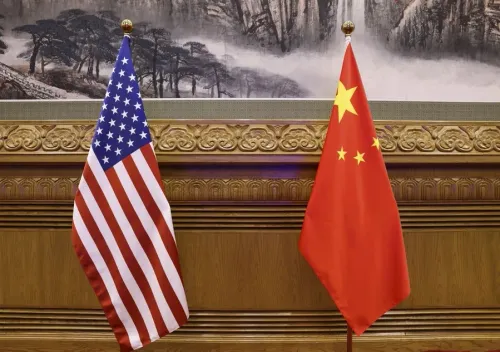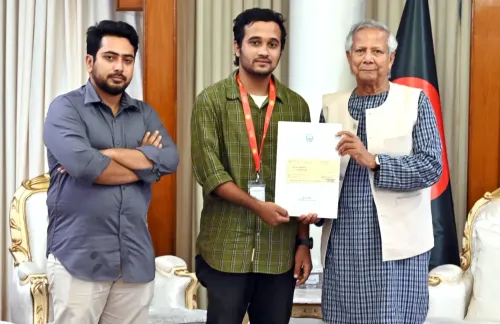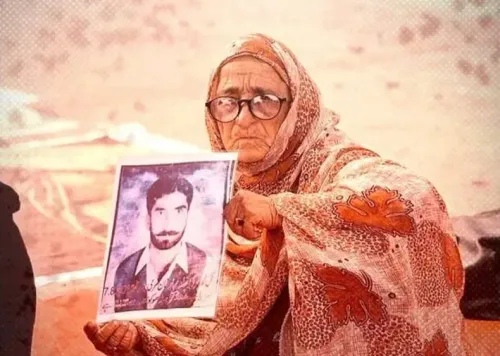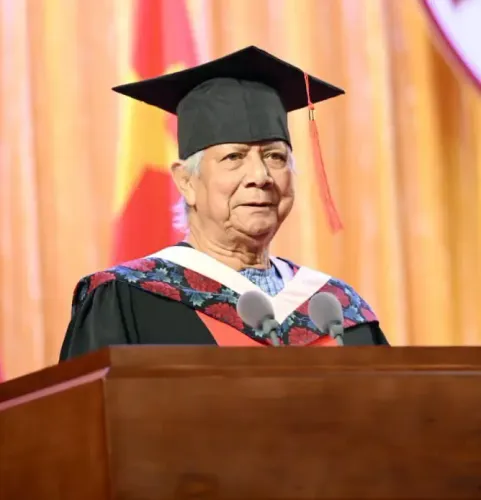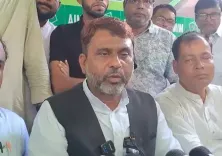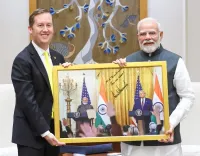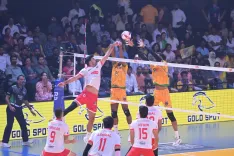Is There a Gross Violation of Human Rights in Pakistan-Occupied Kashmir?
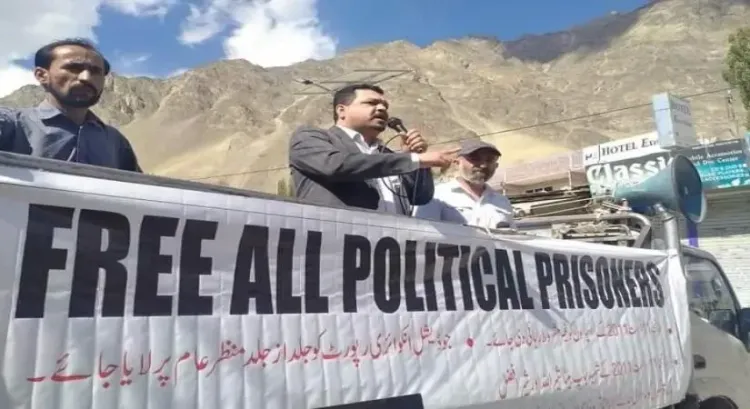
Synopsis
Key Takeaways
- Escalating unrest in Pakistan-occupied Kashmir has led to fatalities.
- The JK-JAAC's 38-point charter outlines essential reforms.
- Calls for international intervention have intensified.
- Human rights violations are being reported amidst state repression.
- Communication blackouts are isolating the region.
Islamabad, Oct 11 (NationPress) Following a series of recent violent confrontations in Pakistan-occupied Kashmir (PoK), the Jammu Kashmir Joint Awami Action Committee (JK-JAAC), a coalition comprising traders, lawyers, and civil society groups, has unveiled a 38-point charter detailing a broad spectrum of demands, as reported.
The ongoing unrest between demonstrators and law enforcement in various towns and districts, including Mirpur, Kotli, Rawalakot, Neelum Valley, and Muzaffarabad, has resulted in the deaths of nine individuals, including police personnel.
As per a report by the Middle East Media Research Institute (MEMRI), the charter's demands encompass the reinstatement of a flour subsidy and measures to combat inflation, the elimination of privileges for judges and civil servants, the retraction of unjust taxes, and job reservations for Kashmiris within the federal government of Pakistan.
Moreover, it seeks financial support for traders, the cancellation of the merger between the PoK Bank and the State Bank of Pakistan, the dismantling of toll plazas, a prohibition on timber smuggling, and the establishment of student hostels in various locales.
Earlier, on October 2, Sardar Umar Nazir Kashmiri, a member of the JK-JAAC Core Committee, made an urgent request to international media and human rights organizations for immediate intervention regarding the escalating crisis in PoK.
“Since September 29, a peaceful public movement has faced state repression, human rights violations, restrictions on civil liberties, and the deaths of innocent civilians. According to Nazir, state forces and non-local individuals have engaged in indiscriminate firing, resulting in the deaths of at least nine unarmed civilians and injuring hundreds more,” stated the JK-JAAC.
The statement further revealed that since September 28, the Government of Pakistan has imposed a total communication blackout across PoK, halting mobile networks, internet, and landline services, effectively isolating millions from the outside world.
“Inter-provincial highways have been obstructed to deliberately cause shortages of essential goods, food, and fuel, while cases are being filed against JK-JAAC leaders, activists, and journalists,” it noted.
“These actions,” Nazir asserted, “represent not only a serious breach of human rights but also a violation of the United Nations Charter, the Universal Declaration of Human Rights (1948), and the International Covenant on Civil and Political Rights (ICCPR), which safeguard every individual’s right to life, liberty, peaceful assembly, and freedom of expression.”
Emphasizing the peaceful and constitutional nature of the ongoing struggle, Nazir reiterated that the “JK-JAAC's movement is grounded in the 38-point Charter of Demands submitted months ago, which remains unaddressed despite the government's pledge in December 2024 to fulfill 12 of its core points.”
The JK-JAAC condemned efforts by factions of the Pakistani establishment and non-state actors to suppress a peaceful movement, labeling them as violations of both the right to self-determination and fundamental UN principles, along with the Geneva Conventions.
Nazir strongly criticized segments of the Pakistani media “for propagating false and misleading narratives to obscure ground realities from Pakistan's 250 million citizens and the global audience.”

